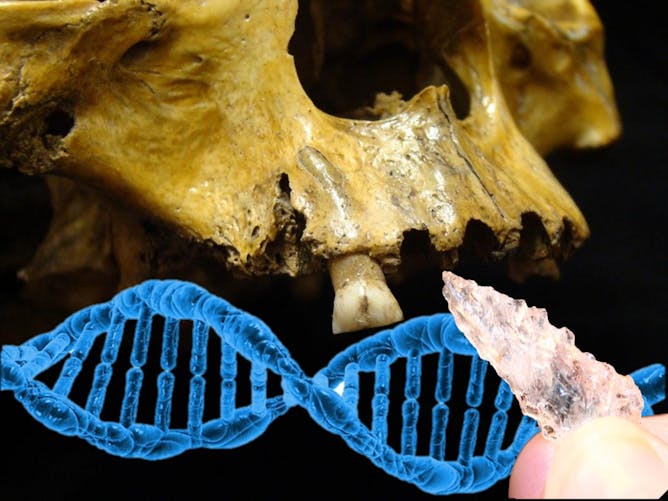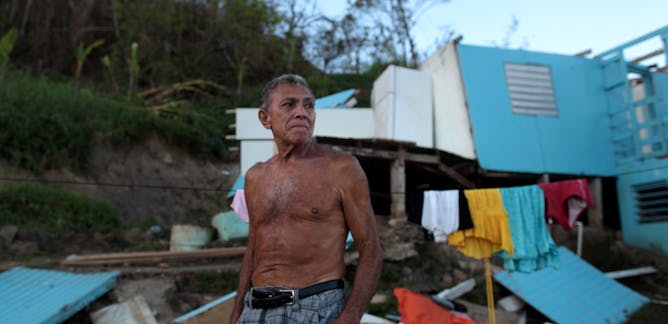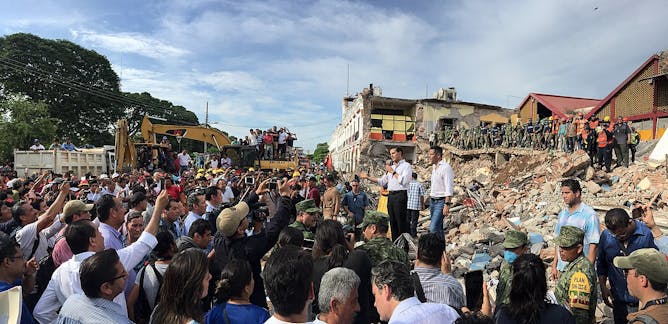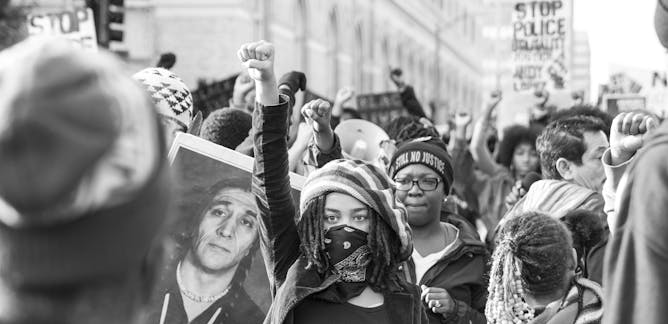|
The last decade saw remarkable development in the technology and methods used to understand ancient human DNA. These approaches offer exciting new ways to explore human origins and, writes Marlize Lombard, were put to fascinating use on remains from two South African sites. The result? Researchers have recalculated the time at which humans like us first split from archaic or pre-modern human groups to between 350 000 and 260 000 years ago.
It’s been 24 years since Cambodia’s first modern-era elections. And, reports Rhona Smith, the political landscape is troubling ahead of next year’s scheduled polls: the country is on the brink of becoming a one-party state.
For decades, officials in Puerto Rico have tried to brand the country to attract outsiders and prospective investors. Now, as the island reels in the wake of Hurricane Maria, Carlos A Suárez Carrasquillo examines why aggressive marketing has done more harm than good.
|

Tapping into ancient DNA can help us understand ancient humans’ movements and lives.
Illustration: Marlize Lombard, Maryna Steyn and Anders Högberg
Marlize Lombard, University of Johannesburg
Archaeology is not only about stones and bones: it is mainly about the people of the past. DNA is one way to get from the stones and the bones to the people and their stories.
|
Politics + Society
|

Rhona Smith, Newcastle University
Dark days lie ahead as democracy is dismantled.
| |

Carlos A Suárez Carrasquillo, University of Florida
Puerto Rico has focused significant efforts on branding – but at what cost?
|

Luis Gómez Romero, University of Wollongong
A brigade of migrants from Honduras, El Salvador, Nicaragua and Guatemala have interrupted their trek north to stay in Mexico and support earthquake recovery efforts.
| |

Melina Abdullah, California State University, Los Angeles
The peace and justice Black Lives Matter seeks require a fundamental transformation of a system that preys on and benefits from Black suffering.
|
|
|
|
|
|
|